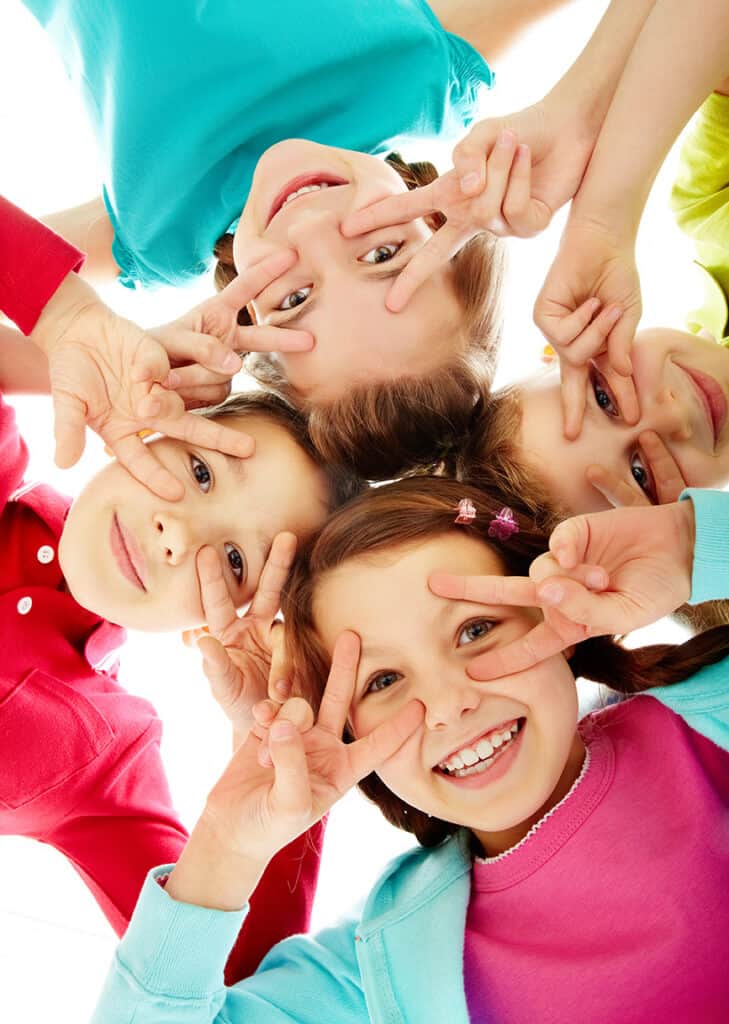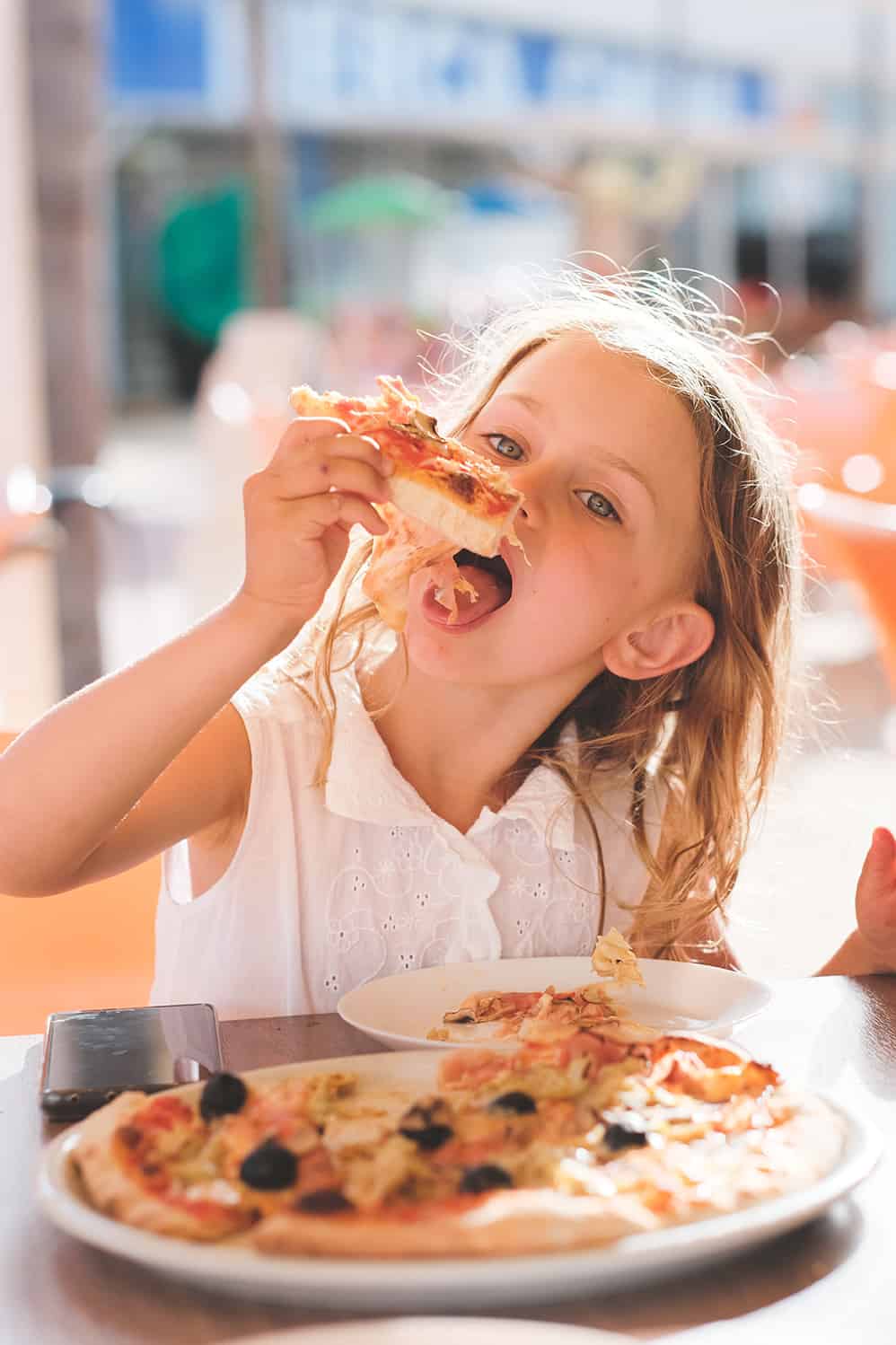As our children grow under our guidance and loving care, we teach them how to eat well, exercise, get enough rest, manage their emotions, and we assist them in gaining the knowledge and skills required to navigate the world safely and happily.
Over time, the aim is for parents, carers, and teachers to “do themselves out of a job” by supporting our children to learn how to take care of their own physical, emotional, social and psychological wellbeing so that they’re ready to lead their own lives when they leave home. Aside from the many life skills that prepare children for adult life, one important key to success in life is self-regulation.
What is Self-Regulation?
While self-regulation has multiple definitions, it is commonly known as the ability to understand and manage our thoughts, feelings and behaviours.
Self-regulation comes from within rather than from an outside influence like a parent or carer.
For example, emotional self-regulation is when a child can self-soothe, calm their own anger, manage their nerves, or lift their emotions if they’re feeling down, rather than relying on an adult or a peer to help.
Why Do Children Need to Learn This Important Skill?
Self-regulation is one of the key life-skills that supports a person’s success in many aspects of life as it determines how we interact with the world.
The ability to self-regulate allows people to resist impulses and engage more independently and productively as adults.
Evidence indicates that people who can self-regulate lead happier, healthier, and more successful lives than those who can’t manage their emotions, behaviours, and thoughts. The best way to illustrate this is with examples.

Emotional Self-Regulation
Everyone understands that toddlers have outbursts when they’re tired or things don’t go their way. Instead, over time, children need to learn how to manage their emotions. While many factors play a role in children’s emotional development, we need to support them to develop emotional intelligence in the same way as we teach children the alphabet. We can do this by helping them to become aware of their emotions as they are happening and then help them manage those emotions. Teaching children breathing techniques, self-soothing words, and calming strategies will, over time and with practice, support their ability to self-regulate better.
Managing Impulses and Regulating Behaviours
“I don’t want to do my assignment; I’d rather keep gaming.”
Behavioural self-regulation allows children to use their inner compass, inner conscience, and self-control to act in their own best interests and in the best interests of others.
For example, how can a child do well at school if they can’t regulate their impulses, find it difficult to stay on task and keep distracting their peers?
Sure, it might be more fun to interrupt and chat with a peer instead of completing the maths sheet, or it may be more tempting to check social media accounts rather than finishing an assignment, but being able to curb those urges and stay on task is crucial for academic success.
“I love eating fast food, chips and lollies and drinking soda… so that’s what I do.”
We all know that eating healthy, nutritious food, staying hydrated, exercising and getting enough sleep promotes physical wellbeing. When our children learn to self-regulate, they are more likely to eat nourishing meals and it takes self-discipline to get up and go for a walk or run, rather than staying in bed, watching TV or gaming.
So, while “party food” is fine now and then, as parents we want to know that our children can take care of themselves when they leave home. We hope that our guidance and role modelling has set our children up to self-regulate and live a balanced lifestyle that supports their physical wellbeing.

Making Friends and Keeping Them
Humans are social beings; we thrive when we engage with others and we languish when we feel disconnected.
When children are able to regulate their emotions and their behaviours, they are able to make friends and have more positive social interactions.
“That’s mine, you can’t touch it. I’m not going to share it with you!”
“I’m so angry at John for not inviting me to the party and every time I see him, I just get angrier. I don’t care that it happened years ago. I’ll never forgive him.”
Friendships can have their ups and downs and resolving issues is more challenging with heightened emotions or harmful behaviours. Overcoming misunderstandings or missteps with friends or family starts with self-regulation.
Peaceful conflict resolution requires both parties to manage their emotions, listen to each other, have empathy and resolve differences collaboratively.
Psychological Well-Being
“I can’t stop thinking about the mean comments… I’m ugly and stupid, just like they all said.”
“Everything is too hard… I just can’t cope.”
Psychological wellbeing is about mental health which includes optimism, positivity and resilience. When children focus on the negative aspects of life, repetitive negative thoughts and feelings can harm their mental health.
Through self-regulation, children can learn to stop negative thoughts and replace them with positive thoughts instead. By focusing on solutions rather than problems, children will feel happier and become more resilient, no matter what challenges come their way.
Brain Development and the Teen Years
How does self-regulation work? The prefrontal cortex of the brain, the part behind the forehead, is like a “control centre” that supports people to manage their emotions and behaviours. This important part of the brain continues to develop from early childhood and reaches maturity in the early to mid-twenties for girls, and in the mid to late twenties for boys. This explains why teenagers have erratic emotions and engage in risky behaviours during the adolescent years.
Their “control centre”, the part of the brain that supports emotional regulation and impulse control is not fully developed. Helping teens master and understand the importance of managing their behaviours and curbing their impulses is critical if we want them to be safe while driving a car, going to parties and enjoying life in those adolescent years.
I hope these examples have illustrated the importance of supporting children in developing self-regulation.
We all want our children to manage their emotions, curb their impulses, engage in positive behaviours, and turn negative thoughts around so they can live happy, healthy and successful lives. Being able to self-regulate will help children navigate life’s challenges and become caring family members, friends and citizens of the world.




